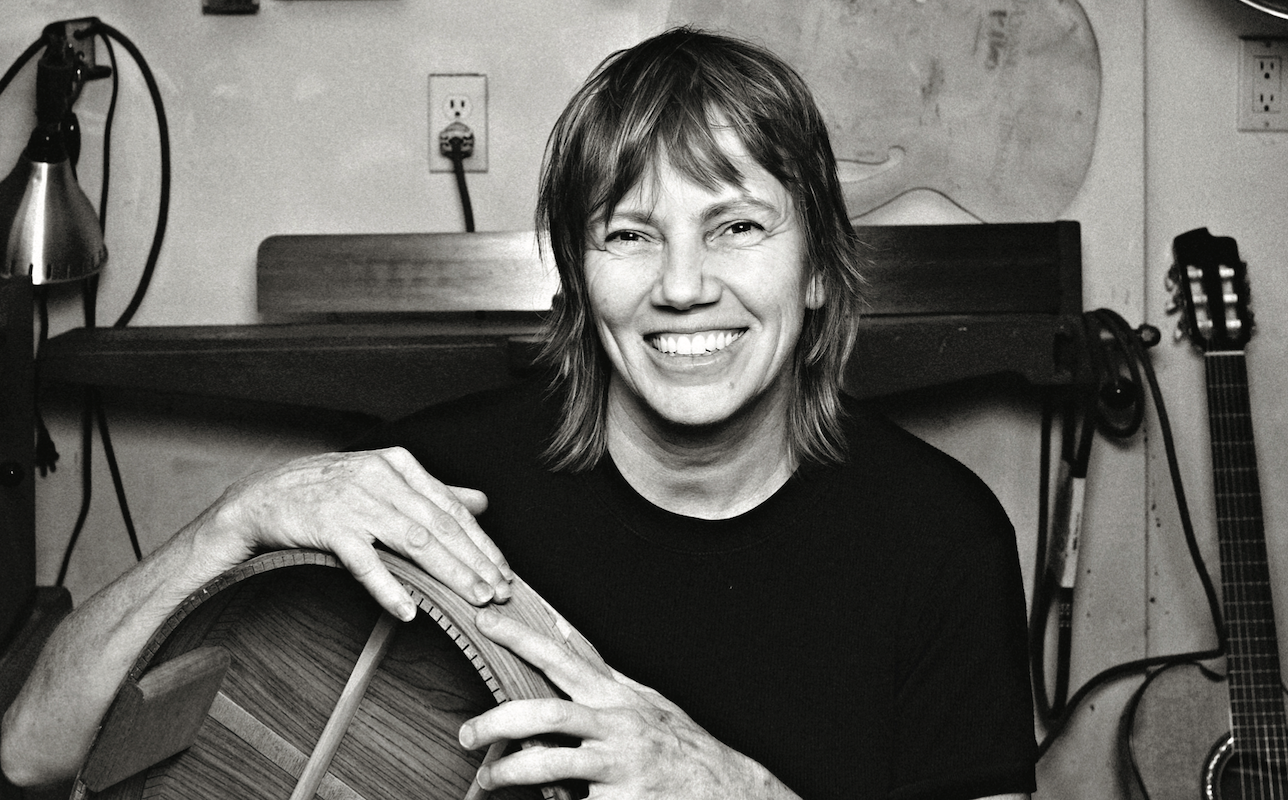It offers an attractive option for many who are downsizing.
By Lola Augustine Brown
When it comes to downsizing, many homeowners think that moving to a condo is the natural next step. However, buying a minihome in a leased-land community offers many of the benefits of condo living, with some attractive extras.
There are a number of misconceptions about mini-home living—most prevalently, that it means living in a mobile home in a trailer park—that simply aren’t true. Once you’ve learned more about this housing option, you may well decide to check out what’s available in your area, and may even choose this option for your post-retirement years.
More Bang for Your Buck
One of the biggest benefits of downsizing to a mini-home is that you can get so much more for your money. Robert Rawlings, a regional manager for Parkbridge, a company that owns leased-land communities across the country, says that being part of such a community often allows people to live in locations they might not otherwise be able to afford.
Parkbridge has leased-land retirement communities in such desirable spots as Wasaga Beach and Lake Huron in Ontario, and Kelowna and Nanaimo in British Columbia.
Rawlings adds that not having to buy the land on which their homes sit allows seniors a lot of equity. “They can often afford better-quality homes because they aren’t paying for the land. They can do so much more with the equity they have.”
Often, you don’t get just a prime postal code or a nicer house for your money, but also a host of amenities that you might not find with a condo. “Our communities have community centres, swimming pools, maybe tennis courts and other sports facilities,” Rawlings explains.
“And they’re built to encourage community interaction and gatherings; you’ll know your neighbours and see them in their gardens or out walking.”
Kathleen Maynard, the senior director of building innovation for the Canadian Home Builders’ Association, says not having to buy the land is a big reason why leasedland communities are a great option for seniors. Moreover, she says, “a lot of snowbirds take advantage of living in these communities because the maintenance is taken care of and there’s often a greater level of security. They can go away to Florida for several months and come back worry-free.”
Viola Selk-Tramble, the sales manager for Havill’s Mini & Mobile Homes in Bedford, NS, says that mini-homes today offer the same high construction standards as any home, advanced energy efficiency, the freedom to customize, and a reasonable price point. “All of this makes these homes very attractive for seniors,” Selk-Tramble says. “If you’d asked a few years ago, I would have told you that 25 per cent of our buyers were downsizers, but that’s climbed to 50 per cent in recent years.”
Mini-homes are built in factories and shipped directly to their location sites; this offers a number of advantages, including not having delays due to weather or contractors not being available. Plus, because mini-homes are created in controlled environments, mould and other serious issues are less likely to crop up in the building process.
The notion that the quality of mini-homes is below that of other homes is outdated, Maynard says. “Some people are less aware of what it’s possible to produce in a factory these days, but now you can build any type of home in a factory— and you can’t tell the difference.” The only major restriction is to the size of these homes—because they’re transported by road, they can’t be wider than transportation regulations allow.
The mini-homes that Selk-Tramble sells offer the same desirable details as conventional residences, such as openplan living, French doors and big windows, walk-in pantries, cathedral ceilings, and high-end finishes, all of which can be customized.
“These homes are all one-level, so stairs aren’t an issue, and they can be built to barrier-free specifications, with wider doorways and other accessibility features,” Selk-Tramble says. “Modern mini-homes offer the freedom of a single detached home. You can have a garden, and more privacy and control than you might in a condo.”
Having a little bit of green space around their home is something many seniors appreciate about living in a leased-land community. You can have a yard to tend, if that’s something you enjoy, and even space for a shed, but it’s a manageable amount of space. You have a space where you can sit outside and watch the world go by; you can even build a deck for entertaining.
The option to keep pets is another strong attraction of mini-home neighbourhoods. Leased-land communities have rules, “but nobody is going to make you weigh your dog,” Rawlings laughs. “This is your residence; you can have pets.”
Costs, Fees, and Services
Buying a mini-home might not necessarily be inexpensive— you can spend quite a lot on the home itself. Kent Mini Homes, the brand that Selk-Tramble sells, start at around $150,000 for a two-bedroom, one-bathroom model and climb to around $200,000 for homes with three bedrooms and two bathrooms. Adding special finishes drives up the price, and costs may well vary across Canada and according to brand.
As with a condo, there’s a monthly fee that you have to include in your budget when considering a leased-land community.
The cost of a land lease can vary from province to province and community to community. Not surprisingly, fees are higher in more desirable areas and in communities offering more amenities. What’s included in these fees also varies; for example, they may include municipal taxes and services such as snow removal and landscaping.
Selk-Tramble says that in some of the communities where her clients have settled, fees start at around $200 a month.
“But these are more rural communities,” she says. “Closer to Halifax, fees are usually in the region of $350 to $450 a month.” At some of the Parkbridge communities with full services, monthly fees can reach $600, not including taxes.
Financing
There remains some confusion—as well as a certain stigma—around leased-land communities, even in the banking community. Unfortunately, some financial institutions aren’t yet on board with bankrolling these homes or offering mortgage rates comparable to those provided for houses that include the land beneath them.
“Owning a home on leased land is much more common in Europe and increasingly so in places such as Arizona in the United States, but Canada still has some catching up to do,” Rawlings says. This is not to say that financing is difficult; you simply have to go to the right bank. Whoever sells you your mini-home will likely be qualified to advise you on your best local options.
Selk-Tramble says that Royal Bank of Canada has been a good starting point for clients who require mini-home mortgages. “The interest rates there are the same for minihomes on leased land as they would be for a million-dollar oceanfront property,” she says.
A Solid Investment?
One important consideration surrounding mini-home living is whether you’ll see a return on your investment if you choose to sell at some point. The short answer is yes, provided you’re buying a new home in a desirable community. Modern mini-homes retain their value, and given that increasing numbers of seniors are considering leased-land community living, your home is likely to be as solid an investment as any other kind of home.
Do your research—due diligence is required, as it is with any major investment. Look for other homes for sale in the communities you’re considering and ask plenty of questions before signing a lease.
While this type of living arrangement isn’t the norm across the country right now, it seems to be a steadily growing trend, with many seniors choosing to move to leased-land communities. In preparation for the coming influx, Rawlings is currently supervising the building of several larger such communities in Ontario, one of which has 2,100 building sites.
Deciding whether a mini-home is the best match for your retirement plan comes down to your level of comfort with not owning the land upon which your property sits.
But it could well be worth your while—and your financial health—to challenge your preconceived notions and consider the possibilities of a good life and a solid investment that can result from downsizing to a mini-home.
Photo by John Moeses Bauan on Unsplash






